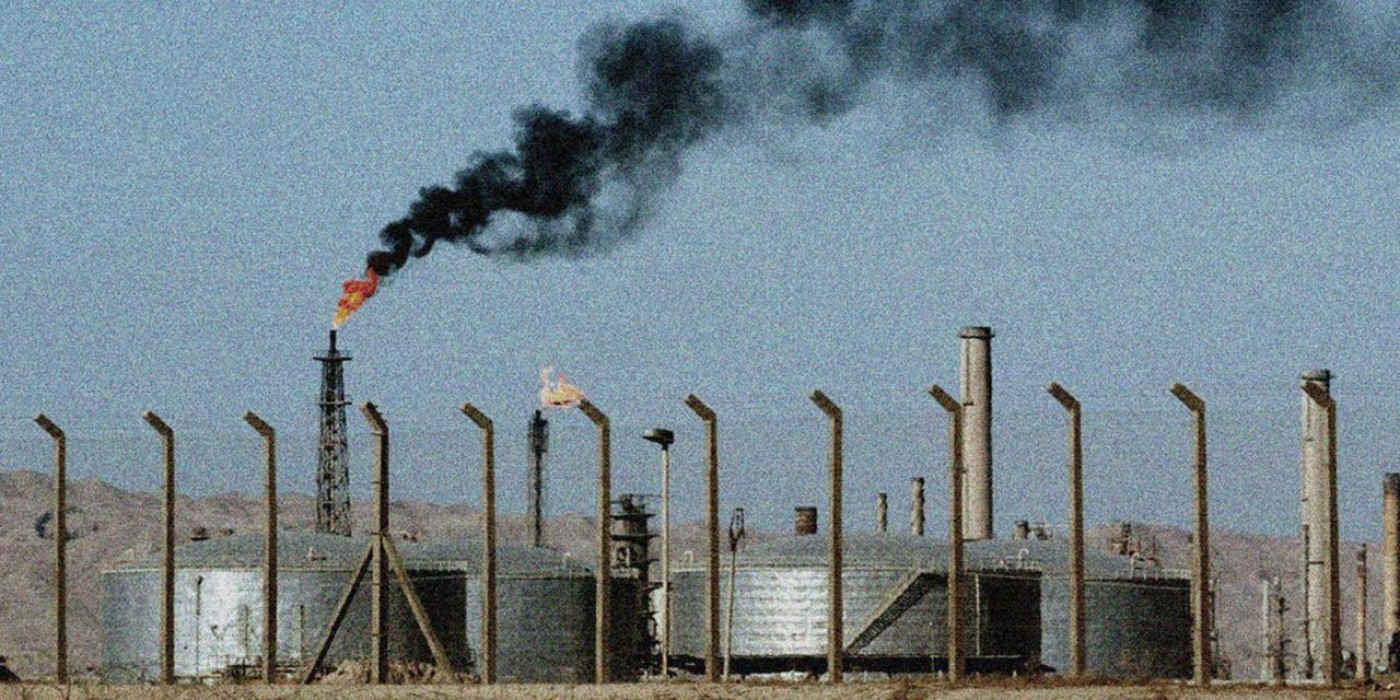ERBIL, Kurdistan Region of Iraq - The Iraqi federal government is the most affected by the halt of oil exports through the Iraq-Turkey pipeline (ITP), the country’s oil ministry said in a statement on Monday, blaming International Oil Companies for the delay in resuming exports.
“The federal government is the most affected by the cessation of exports for reasons related to sovereign oil policy,” read a statement from the Iraqi Oil Ministry.
“One of the most important reasons for the current cessation of exports is the reluctance of foreign companies operating in the Kurdistan region of Iraq to officially hand over their production to the regional government to be exported in accordance with the federal budget law in force,” the statement added.
The Iraqi ministry’s statement came after the Association of the Petroleum Industry of Kurdistan (APIKUR) on Saturday released a report showcasing the financial damages of the Iraqi government during the year that exports have been halted through the Iraq-Turkey pipeline.
The APIKUR report estimated Iraq’s revenue loss during that period as $11 billion dollars, in addition to an $800,000 daily penalty for failure to meet contractual throughput quotas in the ITP agreement.
The report added that “debts of over $1 billion from the KRG to APIKUR member companies for oil produced between September 2022 and March 2023 remain unpaid.”
“The Federal Ministry of Oil, under the guidance of the government, is committed to making all possible efforts to resolve the differences and resume exports through the Iraqi-Turkish pipeline in a manner consistent with the constitution and the law,” the Iraqi ministry of oil added in their response.
Exports of the Kurdistan Region’s oil through the Turkish Ceyhan pipeline was halted in March 2023 after Ankara lost a case against Baghdad in a Paris-based arbitration court. The case accused Ankara of breaching a 1973 agreement by allowing the Kurdistan Regional to start selling oil independent of Baghdad.
The ruling ordered Ankara to pay $1.5 billion to Baghdad in compensation for breaching the agreement, however Turkey responded by halting exports through its pipeline.
The Kurdistan Region previously exported just under half a million barrels of oil, including around 75,000 barrels from federal control fields in Kirkuk, on a daily basis through the Ceyhan pipeline, however ten months of halted exports has dealt a large economic blow to both the Kurdistan Regional Government (KRG) and foreign oil companies working in the Region.
Several rounds of talks and negotiations have been held between the Iraqi government and the KRG since, however oil exports are yet to resume, putting the KRG in a tough financial situation.
The KRG had for years relied on oil exports to pay its civil servants, however a halt in oil exports and budget disagreements with Baghdad has led the government to take austerity measures and oftentimes unable to independently fund the salaries of its civil servants.



 Facebook
Facebook
 LinkedIn
LinkedIn
 Telegram
Telegram
 X
X


